Uncategorized
-
 Climate
ClimateHow wind power could contribute to a warming climate
If the United States had enough wind turbines to generate all of its power, they would warm the country by 0.24 degrees Celsius on average.
-
 Chemistry
ChemistrySpeeding up evolution to create useful proteins wins the chemistry Nobel
The three winners, which include the fifth woman to win the chemistry prize, pioneered techniques used to fashion customized proteins for new biofuels and drugs.
By Laurel Hamers and Maria Temming -
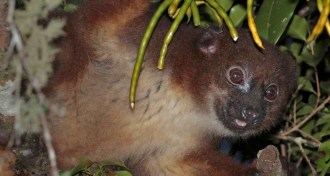 Life
LifeLemur study suggests why some fruits smell so fruity
A new test with lemurs and birds suggests there’s more to fruit odors than simple ripening.
By Susan Milius -
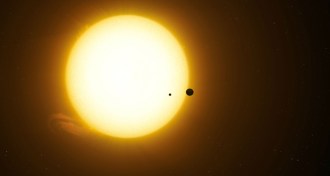 Astronomy
AstronomyHubble may have spotted the first known exomoon
A single sighting with the Hubble Space Telescope seems to confirm that there’s a Neptune-sized moon orbiting exoplanet Kepler 1625b.
-
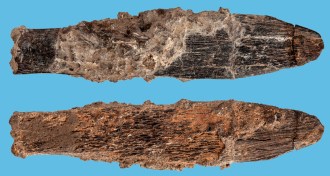 Humans
HumansA 90,000-year-old bone knife hints special tools appeared early in Africa
The discovery of a bone knife in a Moroccan cave points to the ancient emergence of specialized toolmaking in the region.
By Bruce Bower -
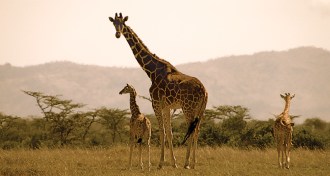 Animals
AnimalsGiraffes inherit their spots from their mothers
Africa’s tallest creatures get their characteristic patterns of spots from their moms, a new study finds.
-
 Physics
PhysicsDazzling laser feats earn these physicists a Nobel
The 2018 Nobel Prize in physics went to scientists — including the third-ever female winner — who made optical tweezers and boosted the strength of laser pulses.
-
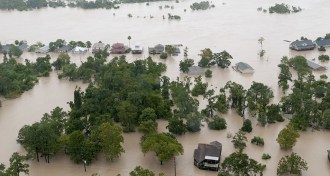 Climate
ClimateTracking how rainfall morphs Earth’s surface could help forecast flooding
After Hurricane Harvey, scientists used GPS networks to track how Earth’s surface morphed under the weight of floodwaters.
-
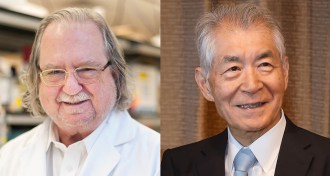 Health & Medicine
Health & MedicineDiscovery of how to prod a patient’s immune system to fight cancer wins a Nobel
Two scientists share the 2018 medicine Nobel for identifying proteins that act as brakes on tumor-fighting T cells.
By Tina Hesman Saey and Aimee Cunningham -
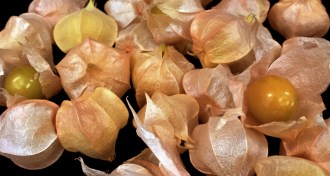 Plants
PlantsGene editing can speed up plant domestication
CRISPR/Cas9 replays domestication to make better ground cherries and tomatoes.
-
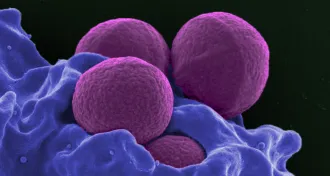 Genetics
GeneticsSmuggling a CRISPR gene editor into staph bacteria can kill the pathogen
A new way fight antibiotic-resistant bacteria co-opts toxin-producing genes.
-
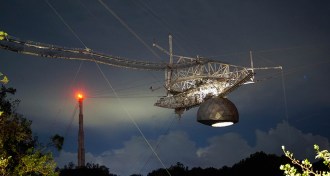 Astronomy
AstronomyWe may not have found aliens yet because we’ve barely begun looking
A new calculation says SETI searches have combed the equivalent of a hot tub out of Earth’s oceans looking for extraterrestrial intelligence in space.